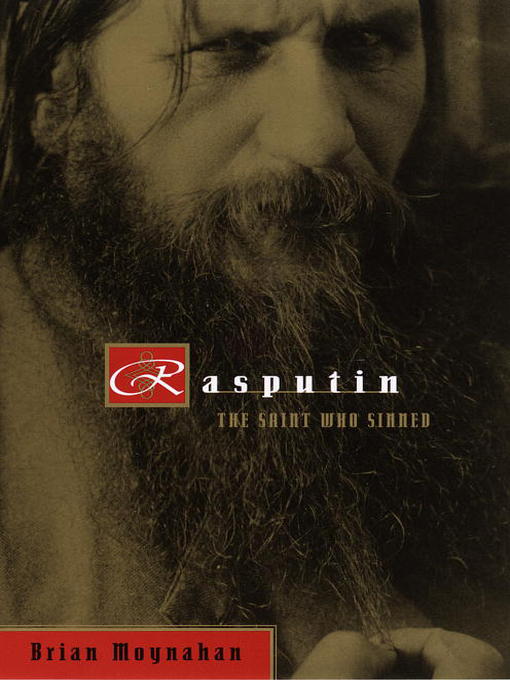- Usborne Readers
- Elmer
- Picture Books
- Learn to Read
- Comics & Graphic Novels
- Chapter Books
- En Français
- Children's Classics
- Parenting Books
- Dinosaurs, dinosaurs
- Kids Count!
- Top 10 E-Books for Kids
- See all ebooks collections
- Always Available Audio for Kids
- Audio Books for Long Drives!
- Full Cast Recordings
- Best Of & Award Winners
- Audiobooks for the Whole Family
- Children's Classics
- Available Audio for Kids!
- Indigenous Audiobooks for Kids
- Read Alongs
- Just for Tweens
- En Français
- Parenting on the Go
- Audio Books for Kids!
- See all audiobooks collections

